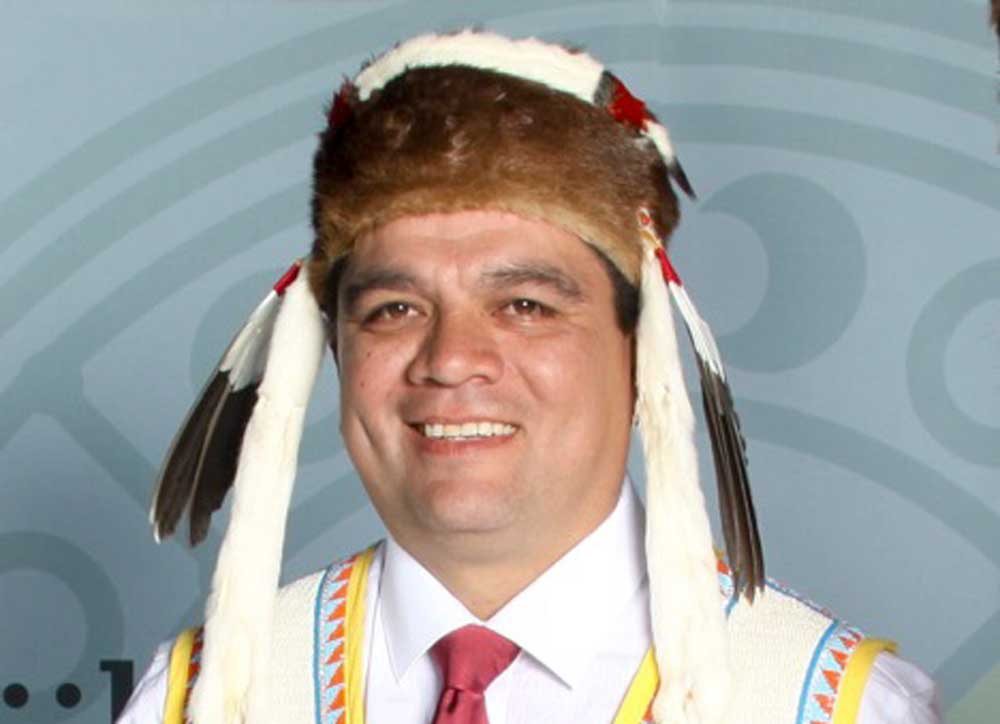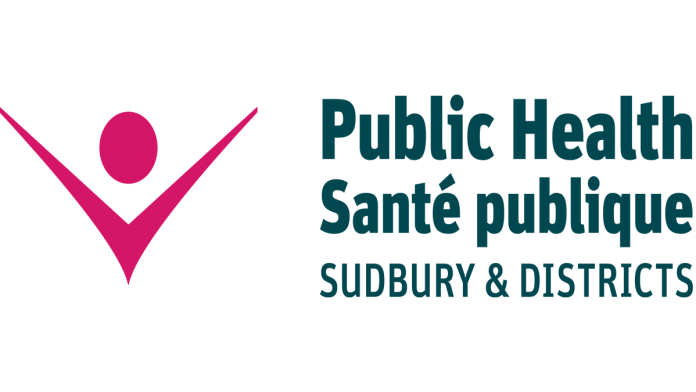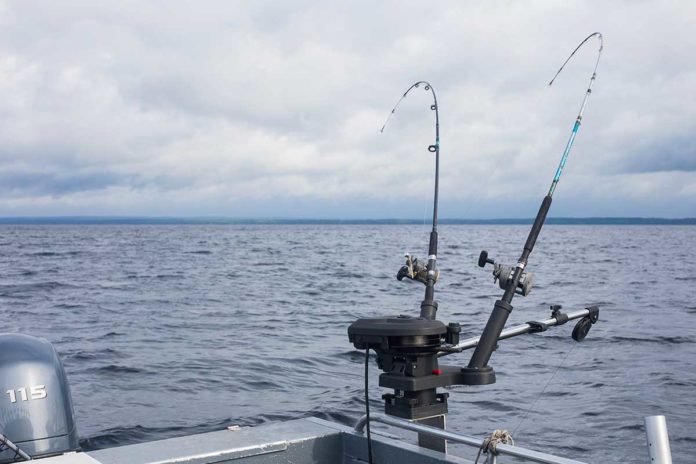OTTAWA – The multi-phase process surrounding the Residential Day School Scholars class action suit is scheduled to move into the settlement approval stage on September 7. The representative plaintiffs in the class action Gottfriedson vs Canada signed a settlement agreement with Canada on behalf of Day Scholars and their children back in early June.
“This is a long-awaited step towards justice, and that finally, no survivor of a residential school will be left behind,” notes an email to The Expositor from Titilayo Ajibose, a consultant with public relations firm Argyle. “The settlement approval hearing will take place on September 7, 2021 using a hybrid format. This means that the judge will be attending in person at the hearing in Vancouver, but that class members will be able to attend in person or virtually, as they prefer.”
“Survivor and descendant class members have the right to participate in the settlement approval process,” noted Mr. Ajibose, “including appearing at the settlement approval hearing to tell the court what they think about the proposed settlement.”
A number of day schools operated on Manitoulin Island and Wiikwemkoong Ogimaa Duke Peltier has estimated that as many as 2,000 members of his First Nation would be eligible for payouts.
In order to qualify for inclusion in the class action, an individual must have attended one of the schools listed on schedule K of the class action. Manitoulin Day Schools listed on Schedule K include: Whitefish River Shawanosowe, Buzwah’s Village Paswa, Rabbit Island Indian Day School No. 455, Sheshegwaning, Sheguiandah (both Anglican and Roman Catholic), South Bay, Spanish Day School, West Bay (M’Chigeeng), Wikwemikong Junior, Wikwemikong Senior and Wikwemikong High School (Roman Catholic).
The settlement process has been a long time coming. Initial plaintiff Garry McLean launched the class action lawsuit in 2009 against Canada citing the abuse and harms inflicted upon Indigenous students who were forced to attend Indian Day Schools across Canada. Mr. McLean, himself an Indian Day School survivor, died in 2019 from cancer—just two months after he and federal government officials announced they had reached a tentative settlement agreement. Surviving lead plaintiffs in the suit include Roger Augustine, Claudette Commanda, Angela Sampson and Mariette Buckshot.
The settlement compensation for eligible class members ranges from $10,000 to $200,000 based on the level of harm experienced. The threshold for the $10,000 compensation will simply be proof of attendance at one of the Day Schools, while the larger amounts would be based on additional abuse suffered at the schools.
Residential school survivors who also attended Indian Day Schools are also eligible for the class action settlement.
Estates can make claims going back to November 2007. If the person on which the claim is based left on their spirit journey between November of 2007 and the present, their estate can still make a claim on that individual’s behalf.
There is also the creation of a Legacy Fund of $200 million to support commemoration projects, health and wellness projects and language and culture initiatives included in the settlement.
To be eligible for compensation, survivors must have attended one of the identified Day Schools listed on Schedule K, which can be found at www.IndianDaySchools.ca.
Details on how day scholars or descendants can participate and watch the hearing can be found at JusticeForDayScholars.com/provide-feedback-to-the-court/.
Survivor and descendant class members have the right to tell the court what they think about the proposed settlement, notes the Residential School Day Scholars website. The process is completely optional and participating in the settlement approval process does not impact any class member’s ability to receive compensation. The site cites the example of someone objecting to the agreement, yet still able to receive compensation if the agreement is approved.
There are two ways to participate in the process, one is by writing your views and sharing them in advance and the other is to speak your views during the approval hearing in September. A class member can do either of these, both, or neither.
In order to tell the court your thoughts in writing before the approval hearing the written statement must include the commentor’s name, contact information, a statement that the commentator is a class member, for example “I am a member of the survivor class” or “I am a member of the descendant class.” The writer can then go on to note whether they support or object to the proposed settlement agreement. The writer can include reasons for their opinion, if they wish to, but it is not obligatory. Written statements must be submitted by August 20, 2021.
In addition to those resources, class counsel is offering informational webinars for day scholars survivors and descendants. The webinars are a way for people to learn about the settlement approval process and how to participate in the settlement approval hearing with the court.
The last French webinar was on July 28 and last English webinar is on August 4.
Registration and a recording of a past webinar can be found at JusticeForDayScholars.com/informational-webinars.
Mental health counselling and crisis support is available to class members 24 hours a day, seven days a week through Hope for Wellness Hotline. Contact Hope for Wellness at 1-855-242-3310 or through their online chat at www.hopeforwellness.ca. Counselling is available in English, French, Cree, Ojibway and Inuktitut, on request.





